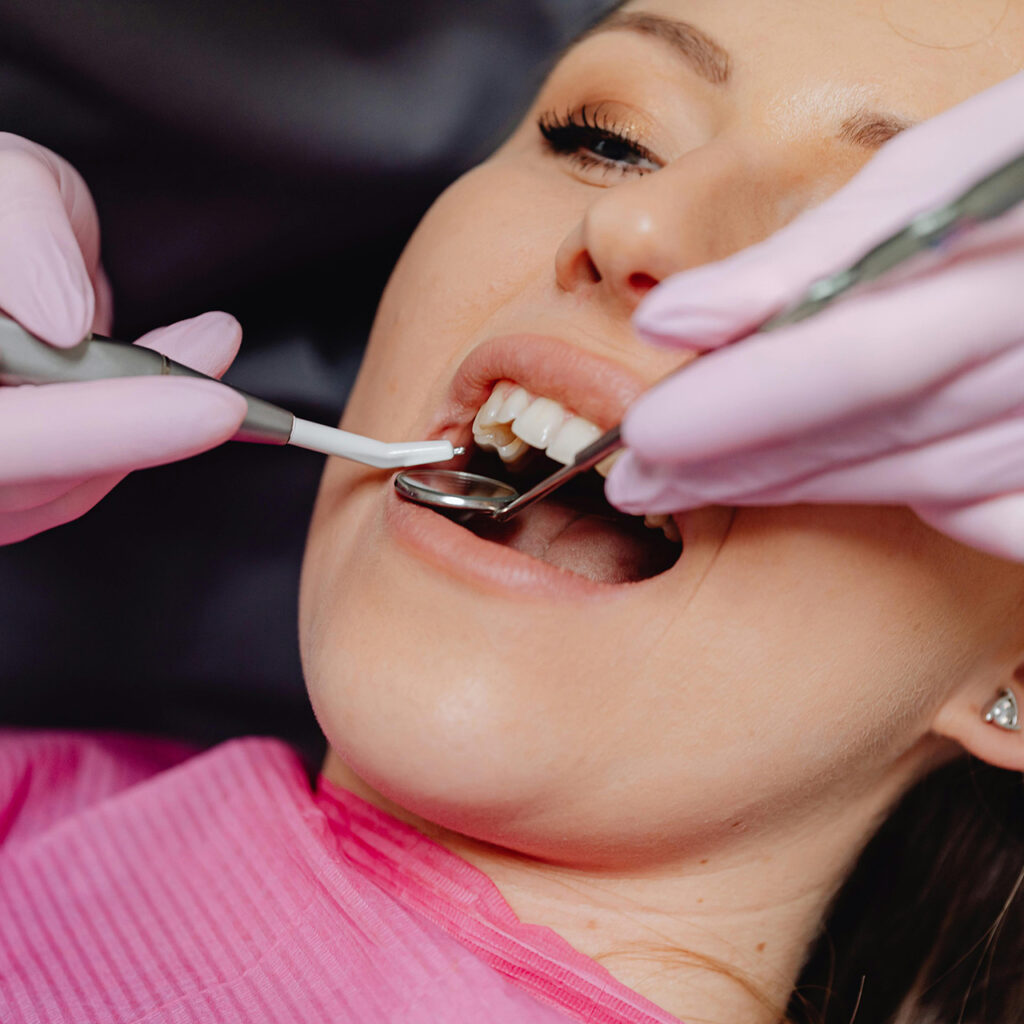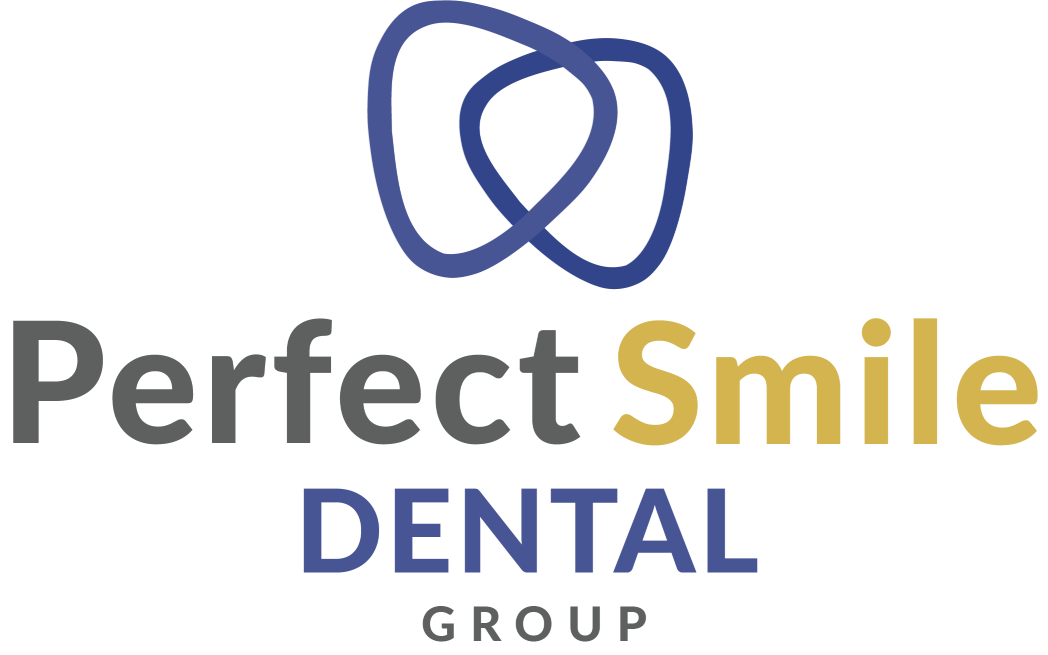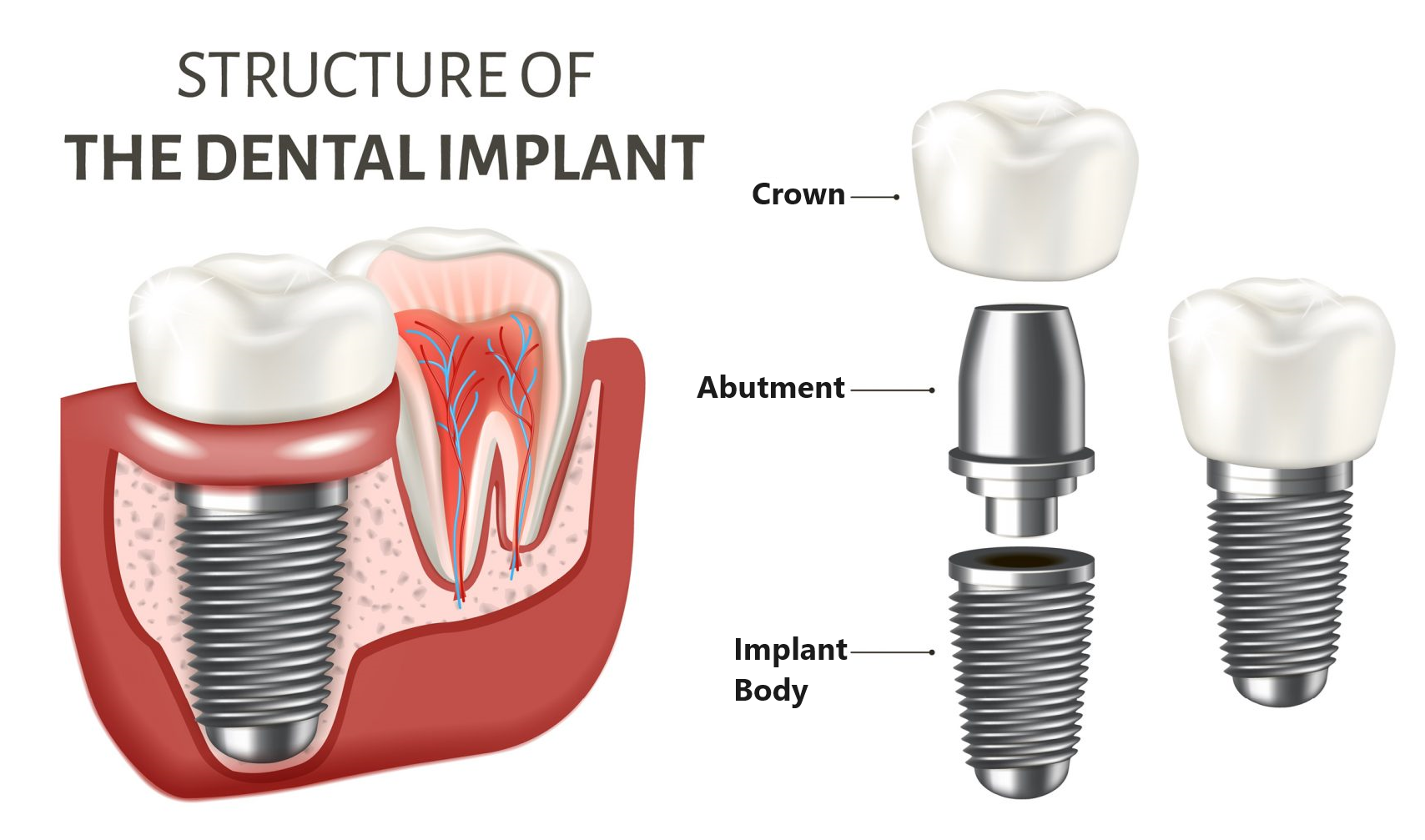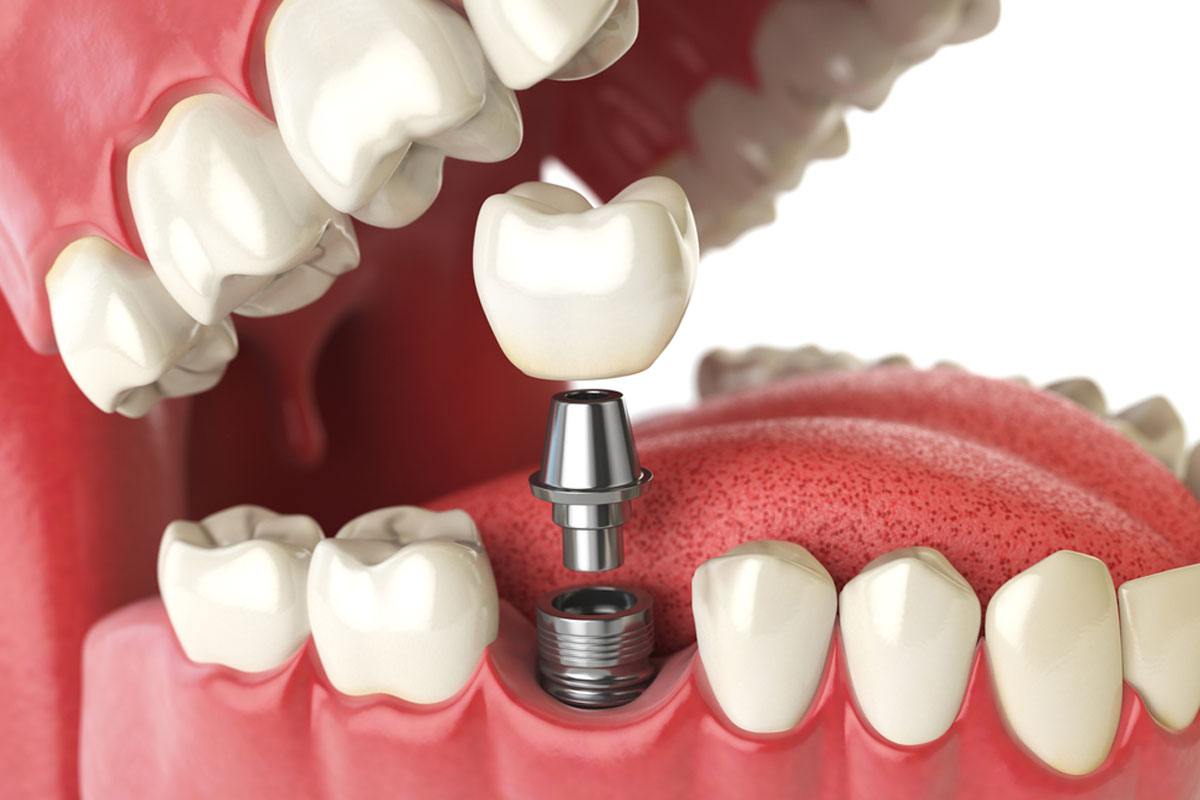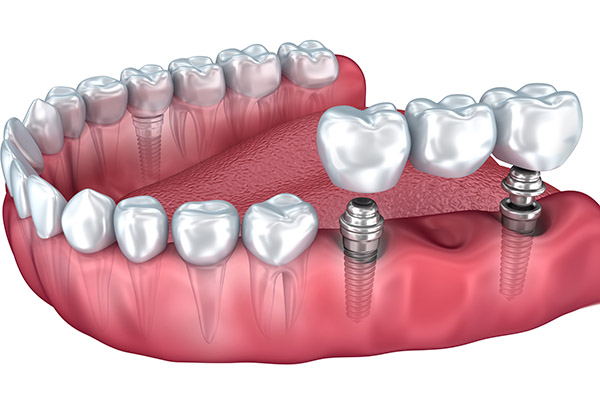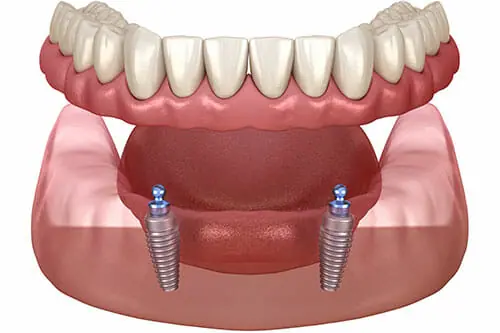We Accept Most Dental Insurance Plans
Perfect Smile Dental Group believes everyone deserves access to dental care. We accept most major dental insurance carriers, including:
- Aetna
- AlwaysCare
- Anthem
- Ameritas
- Blue Shield of California
- Cigna
- Careington Care
- Geha
- Guardian
- Humana
- Metlife
- Principal, Sun Life
- United Healthcare
- Unum
Are you unsure if your insurance covers dental implant services in Whittier? Contact us, and our friendly team can check your eligibility and introduce you to our attractive financing options.

